NetApp CEO: The tech industry “needs to do a better job” on AI sustainability
Rapid AI adoption has prompted concerns over firms abandoning sustainability responsibilities in favor of driving new value – and it’s about time that changes
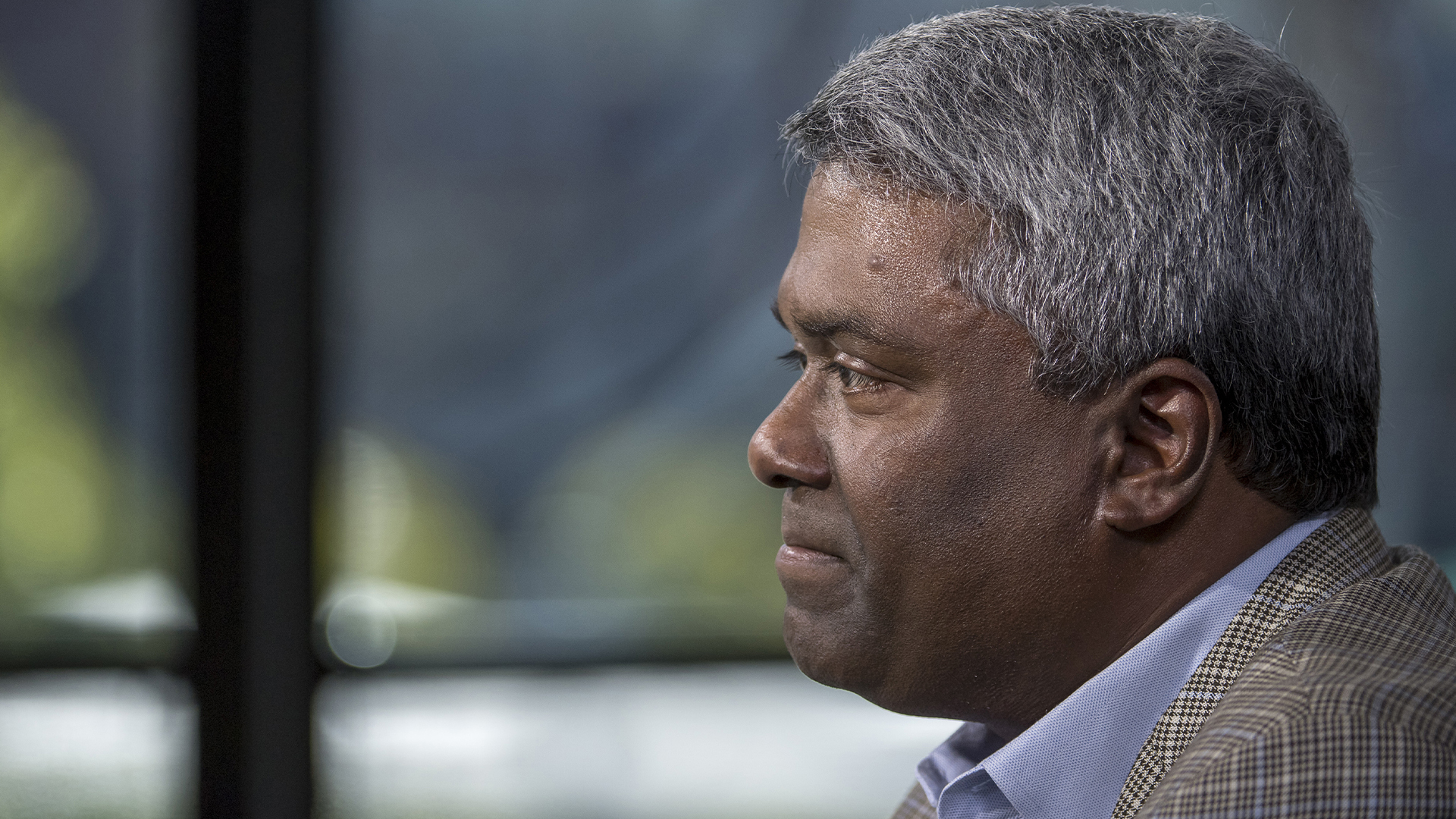

The tech industry needs to do more to address growing AI sustainability concerns, according to NetApp CEO George Kurian.
Speaking to ITPro at the firm's NetApp Insight conference in Las Vegas, Kurian outlined his thoughts on the environmental impact of how businesses are implementing the technology.
When asked how leaders are balancing sustainability targets with increasing pressure to adopt power-intensive systems, Kurian insisted that firms need to improve the way in which they are deploying AI technologies and ensure they are doing so intelligently to minimize unnecessary energy use.
“I think the world needs to do a better job thinking through how we can make AI be used in a way that delivers the best results”, he told ITPro.
The recent explosion in generative AI has created an environment where businesses are forced to implement the technology at a rapid pace to ensure they don’t fall behind competitors. But this risks deploying the technology in a haphazard manner, Kurian warned, thereby creating longer-term challenges.
To counter this, the NetApp chief exec said enterprises should take more time formulating robust data strategies to prevent future pitfalls. When they get this right, Kurian added, enterprises can drive more sustainable operations and deliver marked cost benefits.
“With regard to AI, using data wisely is important because if you try to search through vast troves of data for a small amount of benefit, you are wasting an enormous amount of expense and energy,” he explained.
Sign up today and you will receive a free copy of our Future Focus 2025 report - the leading guidance on AI, cybersecurity and other IT challenges as per 700+ senior executives
“So a lot of the data management tools we are building are enabling you to be really precise in the use of data and as data changes, use the model for only the change in the data. That’s beneficial for cost, that’s beneficial for time to value, and equally beneficial for sustainability.”
AI creates vast amounts of shadow data that continues to drain power
Speaking to ITPro, NetApp chief sustainability officer Nicola Acutt said the primary hurdle for AI sustainability was a data challenge. Acutt thinks the biggest factor driving the energy intensity of many enterprise AI applications is ‘dark data’, also known as ‘shadow data’.
Dark data is information that is collected, processed, and stored - often before never being used again by the enterprise.
This type of data is often backed up or stored in various forms, such as unstructured files, databases, or even via cloud storage. Crucially, shadow data is rarely governed or maintained in an appropriate manner and IT teams often have no idea if it contains potentially sensitive information.
Many businesses are using this type of data to train AI systems in a one-time scenario, Acutt explained, and then disregarding it despite the fact it continues to consume vital resources.
RELATED WHITEPAPER

“What’s mind boggling about that is that almost two-thirds of that data that’s created for AI today is created but then it’s never used again…but it's still consuming power and ultimately that translates into a big carbon footprint for the data we don’t use again,” Acutt said.
She warned that enterprises will need to face up to this reality and take responsibility for the data they are collecting, and advised IT leaders to reassess governance approaches.
“There’s going to have to be a reckoning on the scope of dark data and there’s going to be a huge need for intelligence around that,” she explained.
AI means organizations are going to miss their sustainability targets
Jon Brown, senior analyst at the Enterprise Strategy Group (ESG), told ITPro its own research indicates that some industries are implementing AI better than others, and that some felt it would drive sustainability.
“We saw a lot of different opinions about whether folks were going to be able to hit their commitments, and whether AI was going to be a positive for sustainability, mixed, or negative,” he reported.
“What we found was that for a couple of verticals, they were overwhelmingly positive about the impact that AI was going to have on their sustainability commitments, like retail, very bullish, technology companies like NetApp, very bullish on AI being a net positive for [sustainability].”
But some industries were less confident, Brown noted, and hinted the deployment of generative AI in their organization would put their ESG goals in jeopardy
“When we started to look at manufacturing and some of the other verticals that are out there, they said it was going to be mixed, ‘we’re going to have to balance this and recognize that it's going to be a challenge to hit these commitments’.
Many large organizations set themselves ambitious sustainability targets, such as net zero by 2030, in the years leading up to 2020, but frenzy around generative AI sparked by OpenAI’s launch of ChatGPT in November 2022 put these goals on shaky ground.
“I see some of those chief sustainability officers retiring in 2029,” Brown jested, adding that he foresees a number of these firms surreptitiously revising their targets to reflect more realistic reductions.
The revision of ambitious ESG goals has already begun at some major providers.
Earlier this year, both Microsoft and Google warned their sharpened focus on generative AI development resulted in a steep rise in data center energy consumption.
Google’s total greenhouse gas emissions stood at 14.3 million tons of CO2e in 2023, according to official numbers released by the tech giant. This marked both a 13% increase year on year and a 48% increase compared to 2019 when its sustainability targets were first set.
Similarly, Microsoft’s 2024 Sustainability Report found its carbon emissions surged by 29% as a result of its drive to expand data center capacity.
The issue has reached such an extent that reports in July showed Microsoft and Google’s combined electricity consumption exceeded that of around 100 countries, highlighting the steep rise in power demands placed on infrastructure by generative AI.

Solomon Klappholz is a former staff writer for ITPro and ChannelPro. He has experience writing about the technologies that facilitate industrial manufacturing, which led to him developing a particular interest in cybersecurity, IT regulation, industrial infrastructure applications, and machine learning.
-
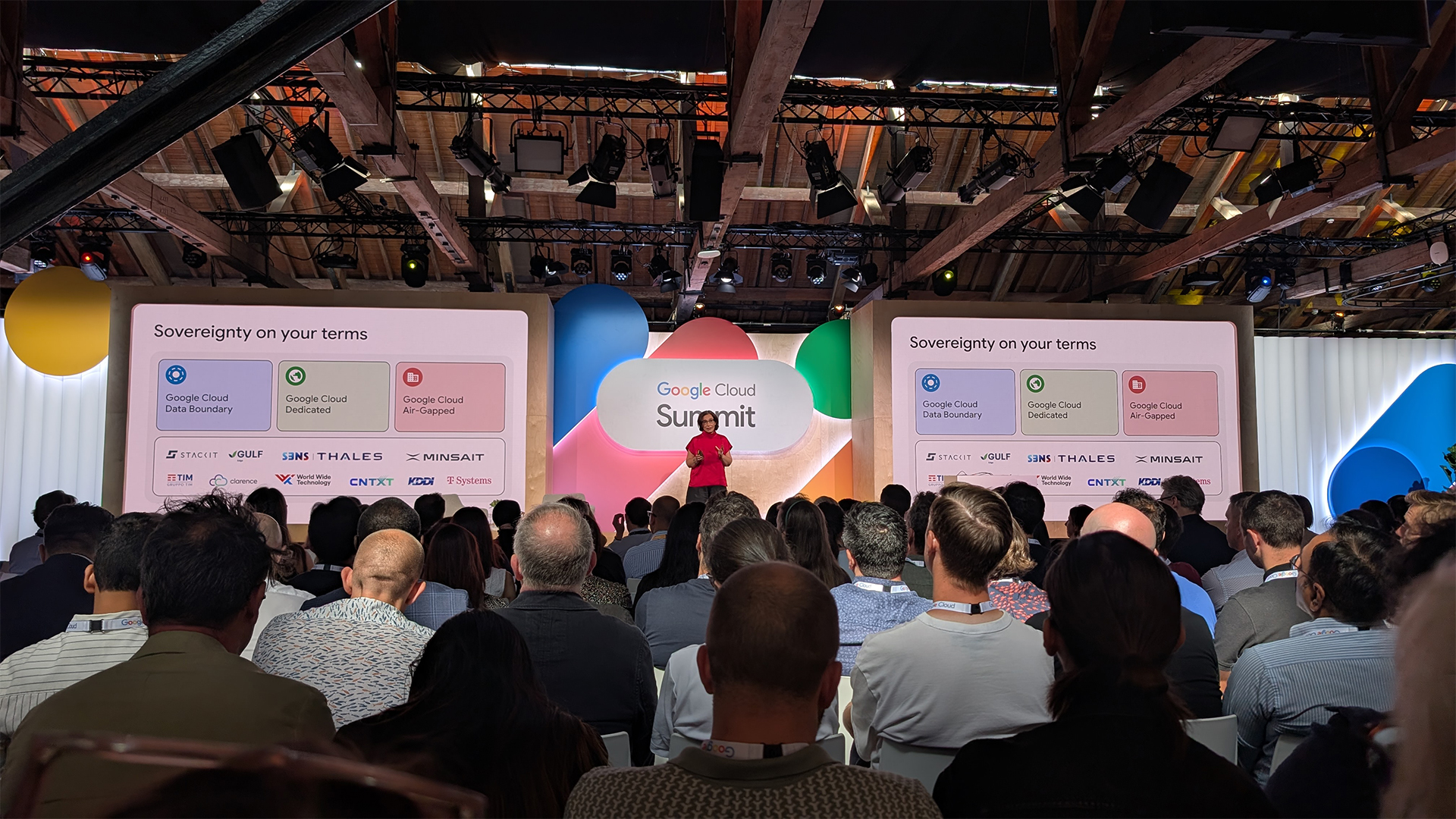 Google Cloud announces new data residency flexibility for UK firms, accelerator for regional startups
Google Cloud announces new data residency flexibility for UK firms, accelerator for regional startupsNews UK-specific controls and support for up and coming AI firms is central to Google Cloud’s UK strategy
-
 Workers are covering up cyber attacks for fear of reprisal – here’s why that’s a huge problem
Workers are covering up cyber attacks for fear of reprisal – here’s why that’s a huge problemNews More than one-third of office workers say they wouldn’t tell their cybersecurity team if they thought they had been the victim of a cyber attack.
-
 Google Cloud announces new data residency flexibility for UK firms, accelerator for regional startups
Google Cloud announces new data residency flexibility for UK firms, accelerator for regional startupsNews UK-specific controls and support for up and coming AI firms is central to Google Cloud’s UK strategy
-
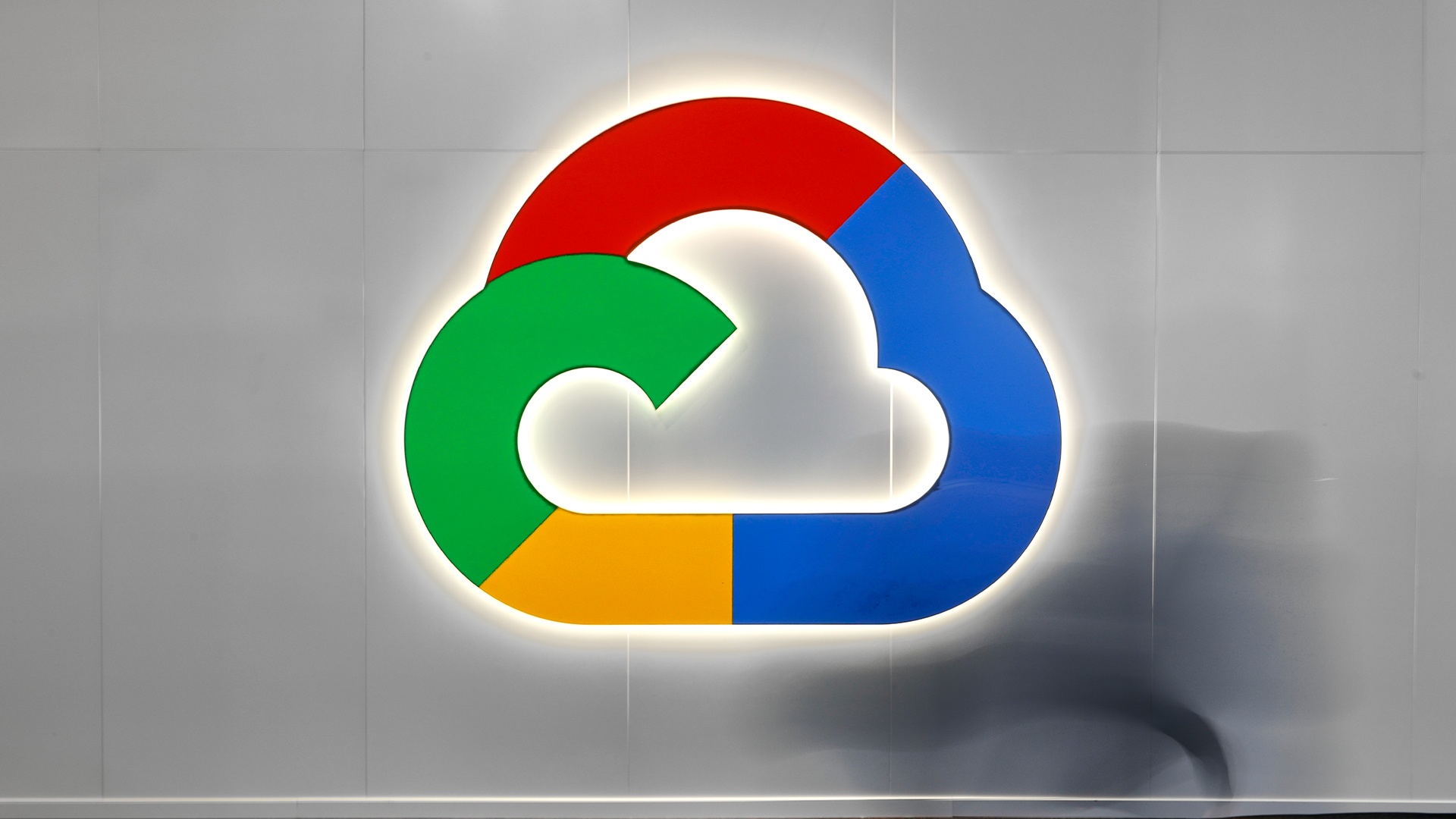 Google pins weekend outage on "unexercised" feature
Google pins weekend outage on "unexercised" featureNews Google Cloud outage impacted a wide range of customers last week after new feature wreaked havoc
-
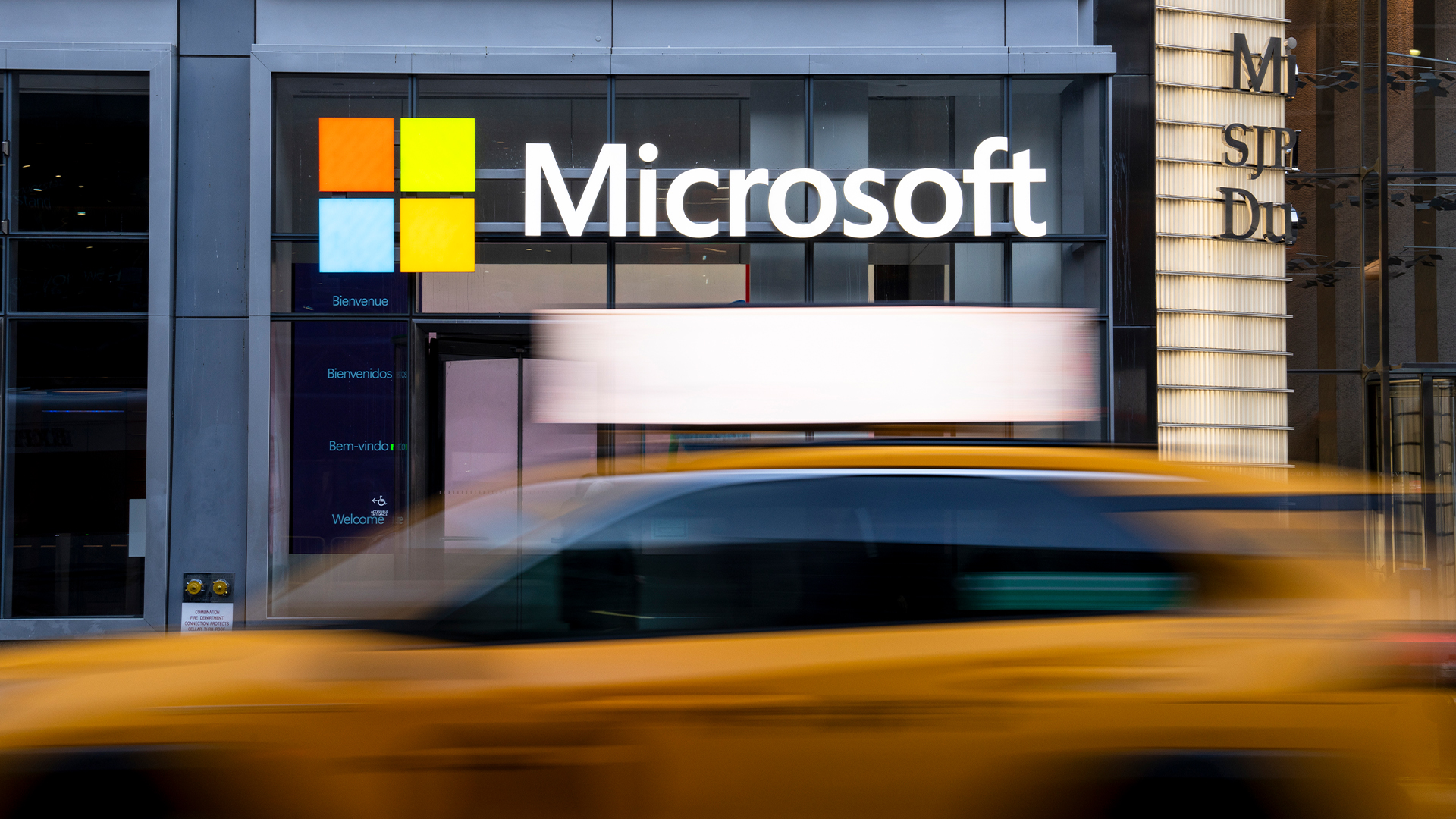 What the new Microsoft Sovereign Cloud push means for European customers
What the new Microsoft Sovereign Cloud push means for European customersNews The tech giant is bolstering protections for regional users using public and private cloud services
-
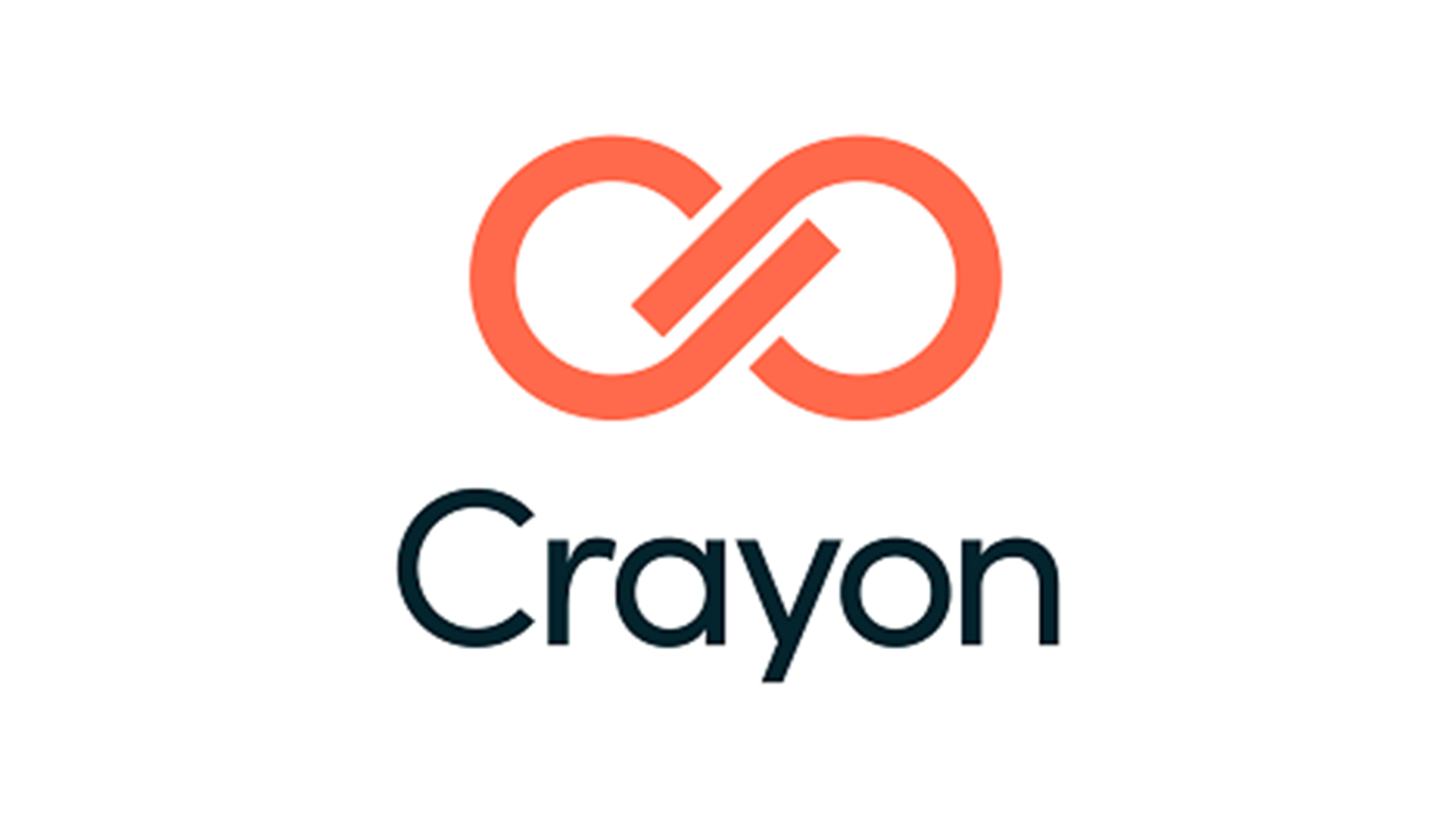 Crayon targets mid-market gains with expanded Google Cloud partnership
Crayon targets mid-market gains with expanded Google Cloud partnershipNews The collaboration will enable mid-market channel partners to deliver Google Cloud’s AI technologies and cloud solutions
-
 Google is getting serious on cloud sovereignty
Google is getting serious on cloud sovereigntyNews Google has joined Microsoft in bolstering its sovereign cloud services as tensions grow over US influence on big tech providers.
-
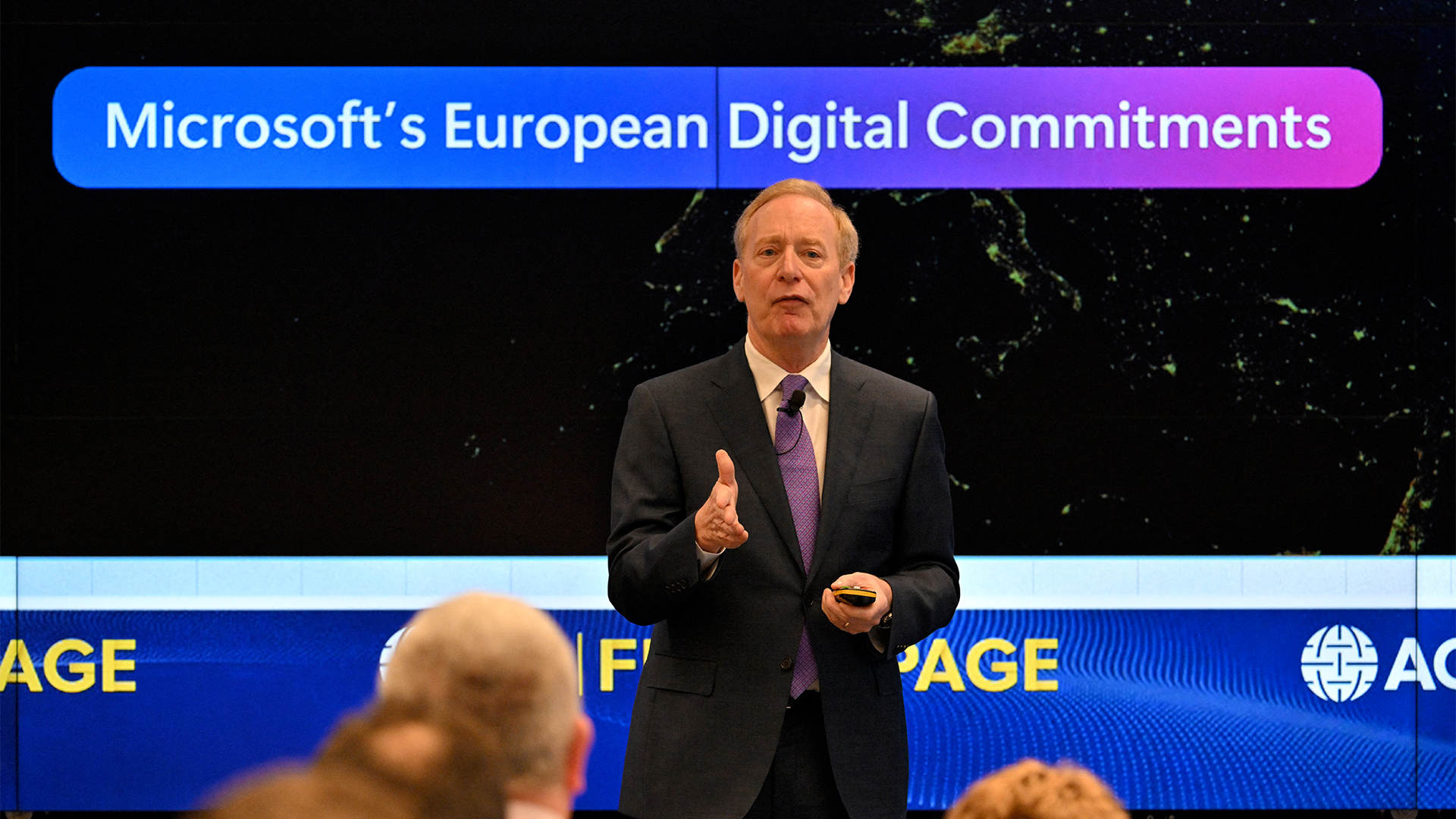 Microsoft says it’ll protect EU cloud customers from shutdown demands
Microsoft says it’ll protect EU cloud customers from shutdown demandsNews Microsoft president Brad Smith says the company will protect its EU cloud services from outside pressure
-
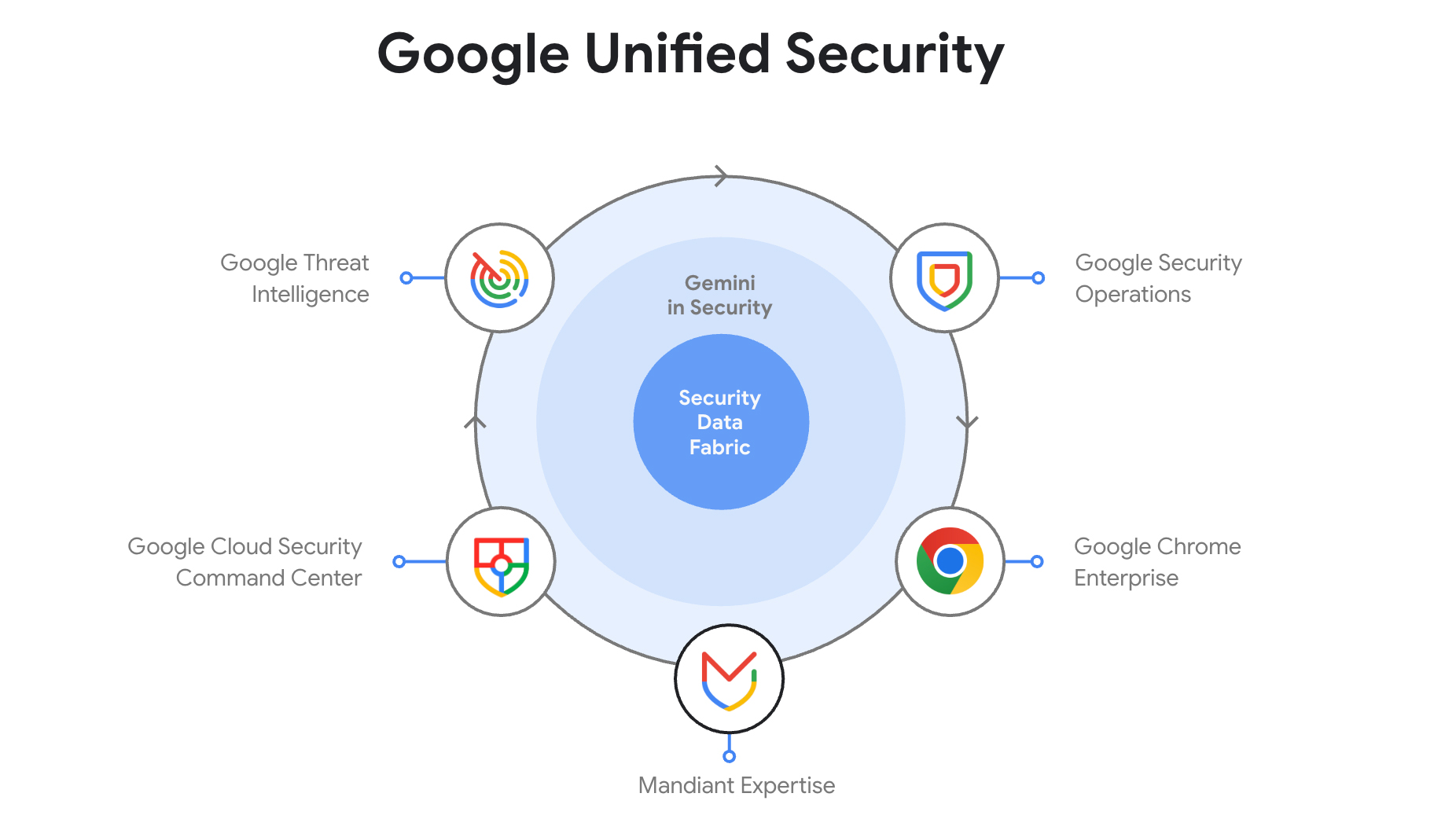 Google Cloud wants to tackle cyber complexity – here's how it plans to do it
Google Cloud wants to tackle cyber complexity – here's how it plans to do itNews Google Unified Security will combine all the security services under Google’s umbrella in one combined cloud platform
-
 ‘We’re bringing in time efficiencies that weren’t there before’: How NetApp is transforming data analysis for the UK’s ‘Poseidon’ surveillance aircraft
‘We’re bringing in time efficiencies that weren’t there before’: How NetApp is transforming data analysis for the UK’s ‘Poseidon’ surveillance aircraftCase study Using NetApp kit, the P-8 Poseidon is a formidable military intelligence platform